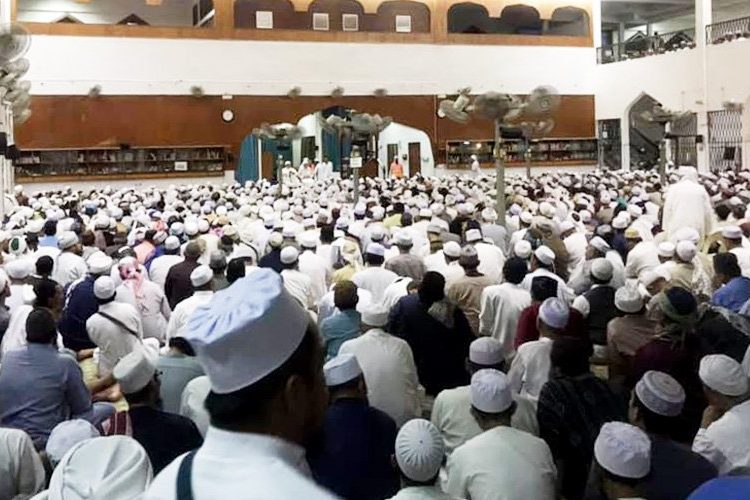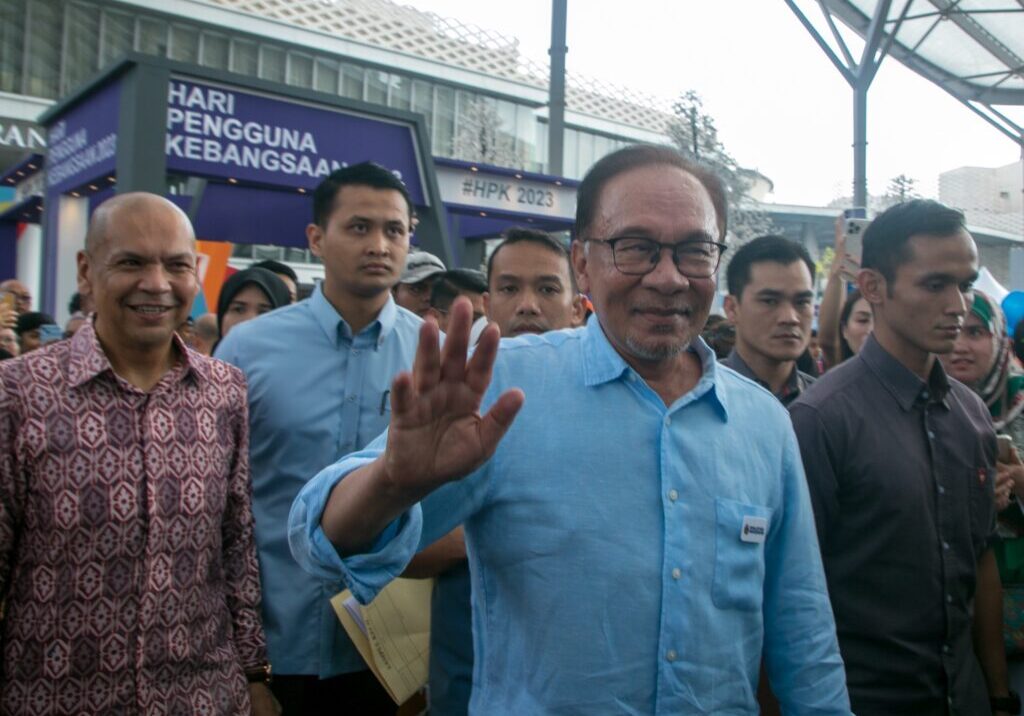Australia/Israel Review
Asia Watch: Stress Test
Mar 31, 2020 | Michael Shannon

As the entire world grapples with the COVID-19 coronavirus pandemic, the unfolding crisis is laying bare the political and social pathologies of each host country.
Given their proximity to the initial epicentre China, South East Asian nations reside in the first line of vulnerability. In Hong Kong, Singapore, Taiwan, Japan and South Korea at the forefront, the response has been swift and decisive. For their neighbours in the Philippines, Thailand, Malaysia and Indonesia, the apparent lack of preparedness portends an unfolding disaster.
Thailand saw cases surge from 117 on March 17 to 322 three days later – although those figures are almost certainly low because of a lack of testing. Health Minister Anutin Charnvirakul blamed “dirty” Caucasian tourists, stating on March 12: “Ninety per cent of Thais are wearing masks. However, none of the Caucasians are wearing masks. This is the reason our country is being infected… they have all fled the cold and the virus to come into warm Thailand. Many of them are dirty and do not shower.” The tweet was deleted hours after it was widely condemned.
Cases jumped in the Philippines by more than 40 per cent in one day in mid-March, prompting the Duterte Administration to institute a lockdown on Manila with a curfew and entry restrictions, which has since been extended to much of the country’s northern industrial heartland including areas of food production. Most vulnerable are those living in slum areas, including the vast numbers of casual labourers and street vendors, while a lack of testing kits and contradictory statements by officials – from the President down – are contributing to the growing alarm.
Indonesia may well be the worst-prepared country in the region, as Asia Sentinel reported on March 12, with Vice-President Ma’ruf Amin and Minister of Health Terawan Agus Putranto, for example, initially saying prayers had kept the virus at bay until it became obvious they hadn’t. With confirmed infections at 514 by March 22, the Johns Hopkins Centre for Health Security has already put Indonesia’s COVID-19 mortality rate at more than 8%, the highest in the world, ahead of even Italy, Iran, China, Japan and Spain, while testing has lagged badly.
The message about social distancing has been slow to register. It took several days of public outcry, including the pleas of former vice-president Jusuf Kalla, chairman of the Indonesian Red Cross, before the global Islamic proselytising movement Tablighi Jama’at finally cancelled a gathering of 8,000 Muslim devotees from across Indonesia and countries including Malaysia, Pakistan and India just hours before opening near the South Sulawesi capital of Makassar. Several thousand pilgrims who had already arrived are now under quarantine, with security forces guarding the location to prevent the pilgrims from leaving.
Evidently the lesson was not learned from a similar event in Malaysia.
The annual Tablighi Akbar gathering of Islamic missionaries took place over a long weekend at the end of February, where 16,000 pilgrims – including 1,500 foreigners – gathered at the Jamek Mosque at Seri Petaling, one of the oldest mosques in Kuala Lumpur. For four days, they lived, ate, slept and prayed side by side. At dawn, they would pray on rows of prayer mats inside the dome. At night many slept in tents outside.
Within a week, it became clear that the event had spawned a public health disaster. It is now linked to infections in Singapore, Cambodia, Thailand and Brunei, the latter of which alone has confirmed at least 50 cases associated with the pilgrimage event. Nationals from China and South Korea, countries with severe COVID-19 outbreaks, were reportedly among the assembled worshippers.
Cases have surged across Malaysia as an estimated 14,500 event participants have since returned to their home states. The Muslim-majority nation is now the worst hit in South East Asia with 790 cases and two fatalities, both announced just hours before new restrictions on movement took effect at midnight on March 18. Up to 450 cases have been directly linked to the Tablighi Akbar event.
“I was very surprised actually that it went ahead,” one attendee from Thailand told Reuters. Indeed, it is hard to believe no-one looked at what happened just weeks earlier when a similar mass gathering had led many members of South Korea’s Shincheonji Church of Jesus to become exposed to COVID-19.
The timing of such an event was far from ideal, as Malaysia was distracted by political turmoil, with then-interim Prime Minister Mahathir Mohamad the sole official leading the government. His February 24 resignation led to the dissolution of Cabinet, which resulted in the country going without a health minister for two weeks as COVID-19 cases spread globally.
For new Prime Minister Muhyiddin Yassin’s government, the widening outbreak is proving to be a baptism by fire. The new Malay-centric governing coalition has announced measures previously considered unthinkable – a shutdown of all non-essential businesses, schools and universities, and places of worship.






